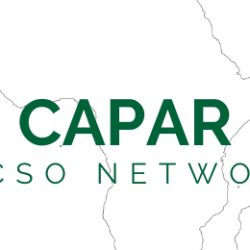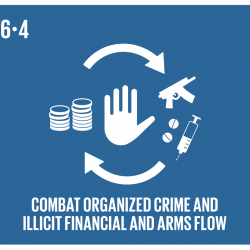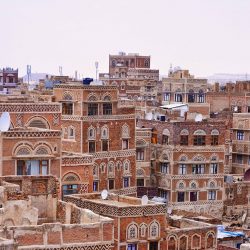Regional Workshop on CAPAR and Asset Recovery in Africa – Nairobi, Kenya
On the 25th and 26th April 2024, regional bodies, parliamentary networks, asset recovery interagency networks, and civil society representatives will gather in Nairobi, Kenya for the Regional workshop on the Common Africa Position on Asset Recovery (CAPAR) and Asset Recovery in Africa. The event is organised by the CAPAR Civil Society Network, Civil Forum for Read more about Regional Workshop on CAPAR and Asset Recovery in Africa – Nairobi, Kenya[…]










